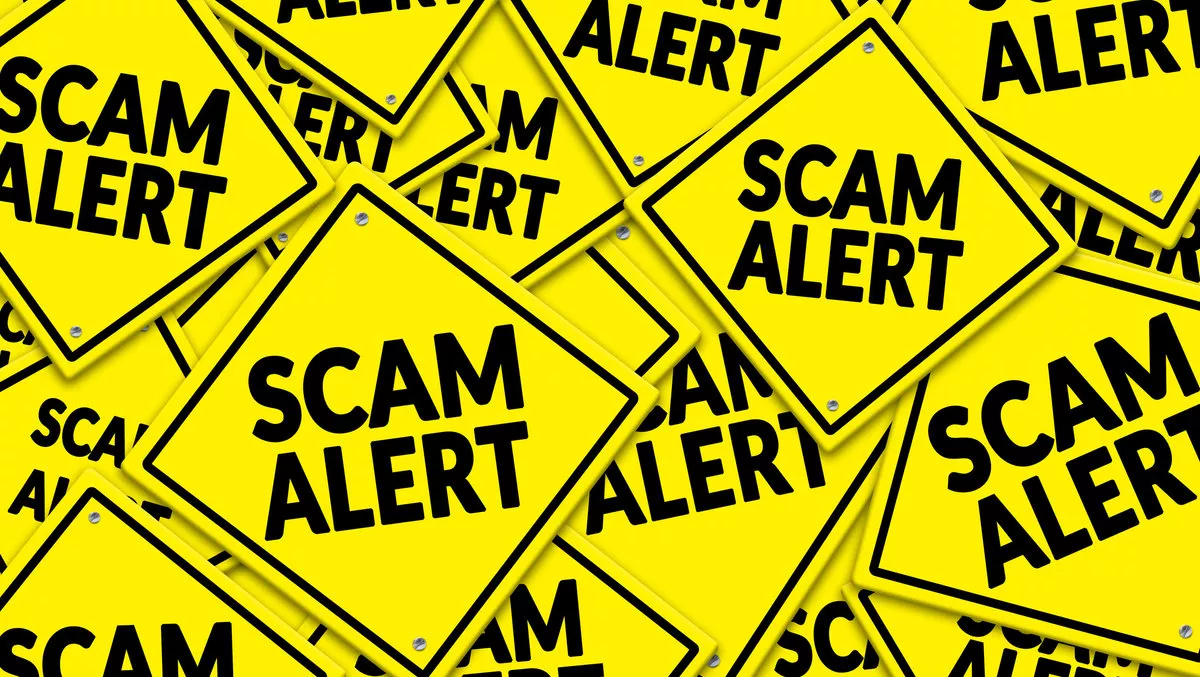
Scam warning: Fake Google reviews and business listings targeting the vulnerable
Kiwis are being warned to stay vigilant when it comes to fake Google reviews and business listings, with warnings of scammers targeting companies that people turn to in an emergency, when they are at their most vulnerable.
CEO of local digital marketing agency Insight Online, Kim Voon, says fake reviews and listings are a huge problem for Google overseas and the threat was spreading to New Zealand, mainly because Kiwis are neglecting to claim or update their Google business listings, or to ensure a steady stream of authentic reviews or, in the case of the public, to report the problem to Google.
"Imagine your car breaks down in Silverdale, Auckland. You look up a local tow truck company and call them in, except they've falsified their listing and they're actually located in Warkworth. The upshot is you wait longer and end up paying a lot more for the service because the tow truck company had to travel further, even though the tow truck company engineered it that way (after all, you called them)," he explains.
"To begin with, your Google search results told you they were close by and the reviews, many of them paid for and fake, were favourable. This may sound far-fetched but it's happening," says Voon.
Voon says there are countless stories overseas that are coming out of sectors that service people when they are vulnerable to scammers, including tow truck companies, emergency medical facilities, locksmiths, lawyers and car repairs.
"Google calls them 'duress verticals' because they're the services people need when they are vulnerable," he says.
"Google is actively working to combat the problem and members of the public, as well as legitimate business owners, can report the fake listings and reviews to Google but, let's be frank, it's a very arduous process.
"Essentially people are doing this because people are easy to scam when they are anxious, desperate or in trouble," he says.
"Spammers do it for obvious reason. Another reason companies do it is to improve their search results '- it's that race to be found online, as well as favourably received, that drives some business owners to resort to creating fake listings and reviews."
Voon says that, as far as he is aware, it isn't a big problem in New Zealand yet but it does exist and, judging by the scale of the problem overseas, it's only a question of time before it becomes an issue.
"We need to educate the public and business owners that Google only works if we all take responsibility for ensuring that the information is fair, accurate and genuine because nobody else will. When you find a problem, report it," he explains.
"We need to encourage business owners to protect and update their brand and their business information, and to think carefully before 'stuffing keywords' in their online information that aren't really relevant to what they do just because they want to improve their Google search results."
Voon offers the following advice to business owners and the public:
1. Report false information
Voon says reporting issues to Google may feel like pushing a rock uphill, but we need to do it anyway.
"Cleaning up online is like cleaning up litter. If we all work together and each person does their bit, we will make progress."
2. Claim your business listing
"I reckon half of Kiwi businesses have not claimed their Google My Business listing, and perhaps even fewer have updated their information or deleted old listings recently. You need to do this to protect your brand, your business and your customers from being scammed or spammed."
Voon says he thinks that New Zealand, and most other countries, would benefit from an Internet policing agency that acts to protect the public.
"Such a policing agency would make it easy for the public to report online problems like fake news, scams, fake listings and reviews, while leaving the agency to wrestle with Google's reporting process. It would probably be easier for a policing agency to deal with Google because they would have volume and authority.
"So far it is overseas media like the Wall Street Journal and search engine optimisation companies like us that are trying to raise awareness about the problem."


